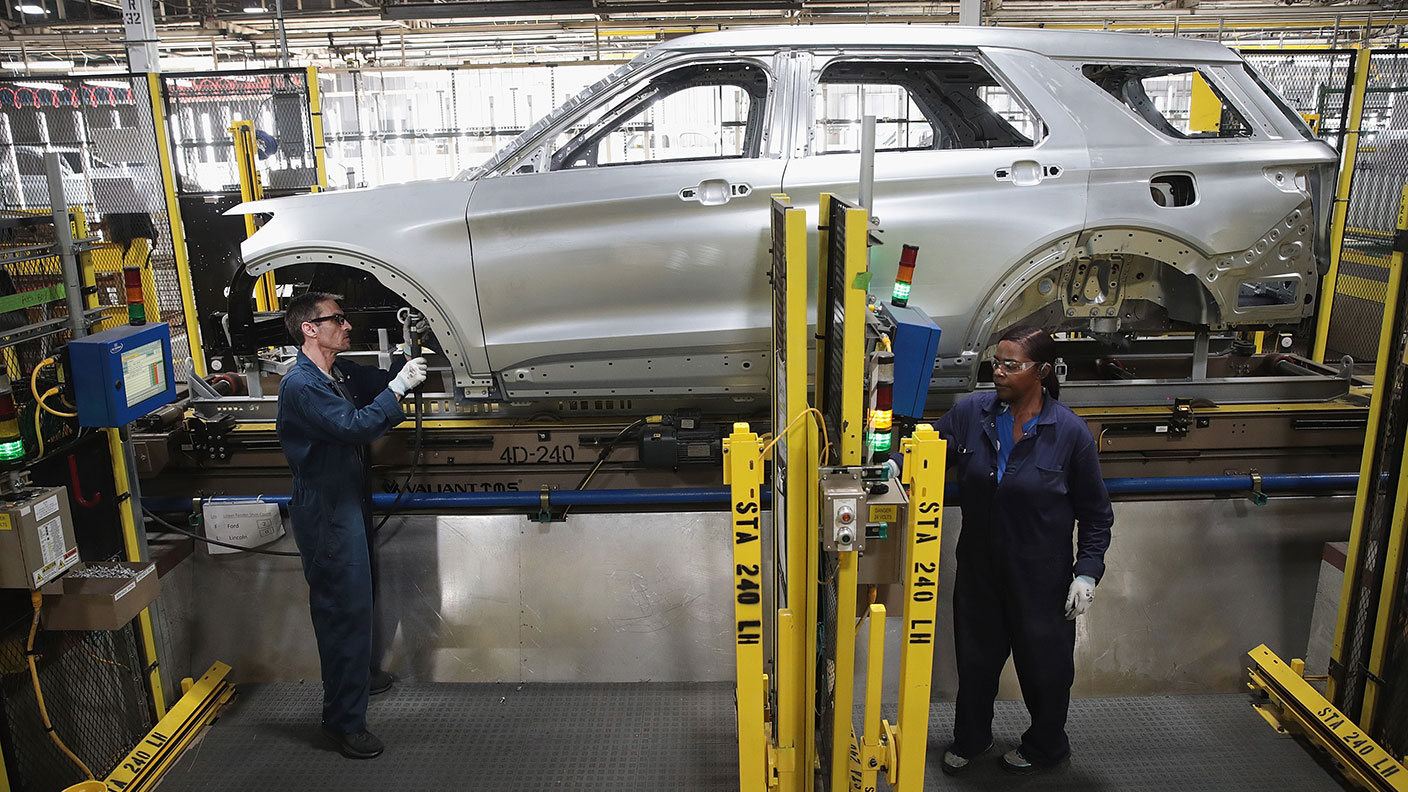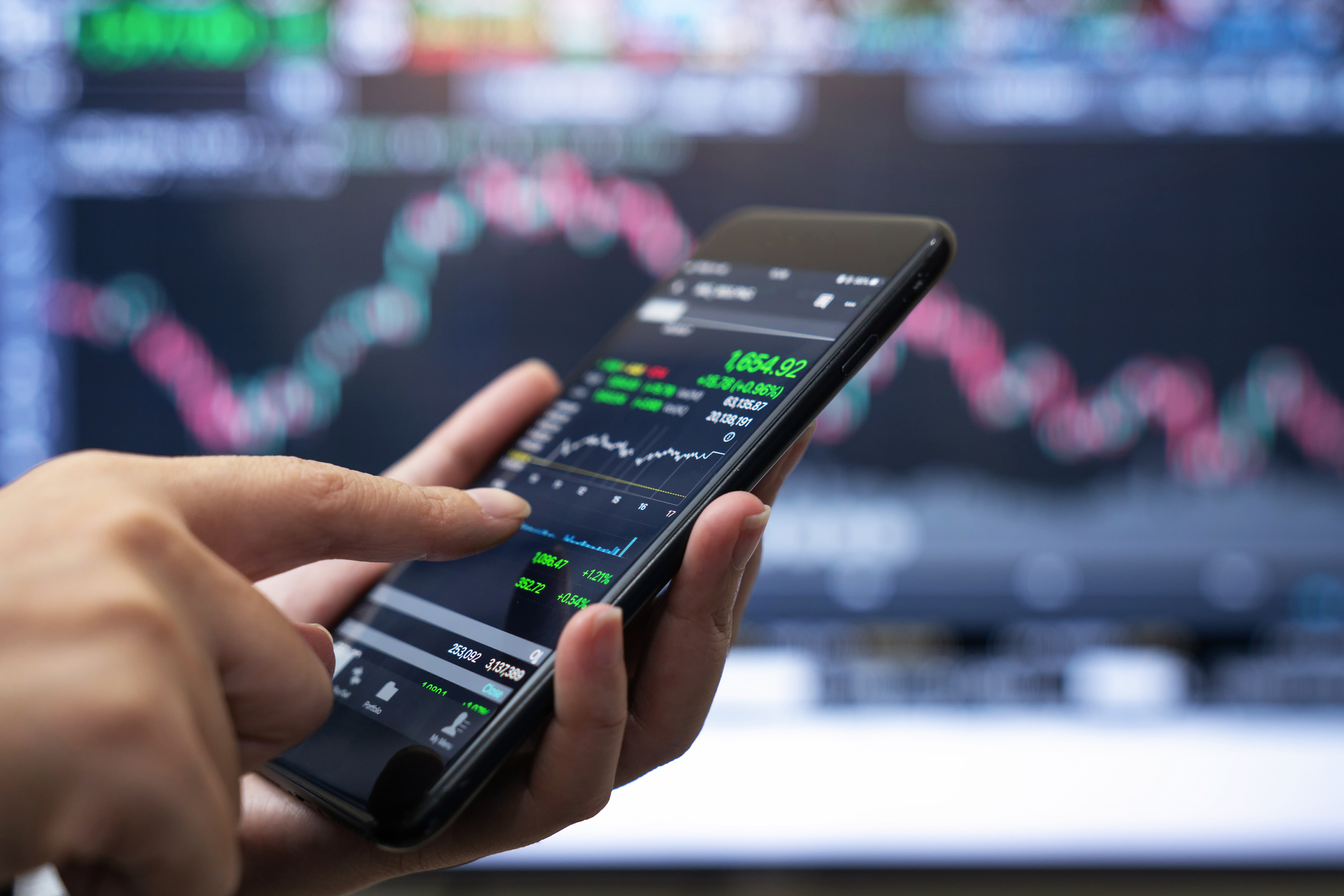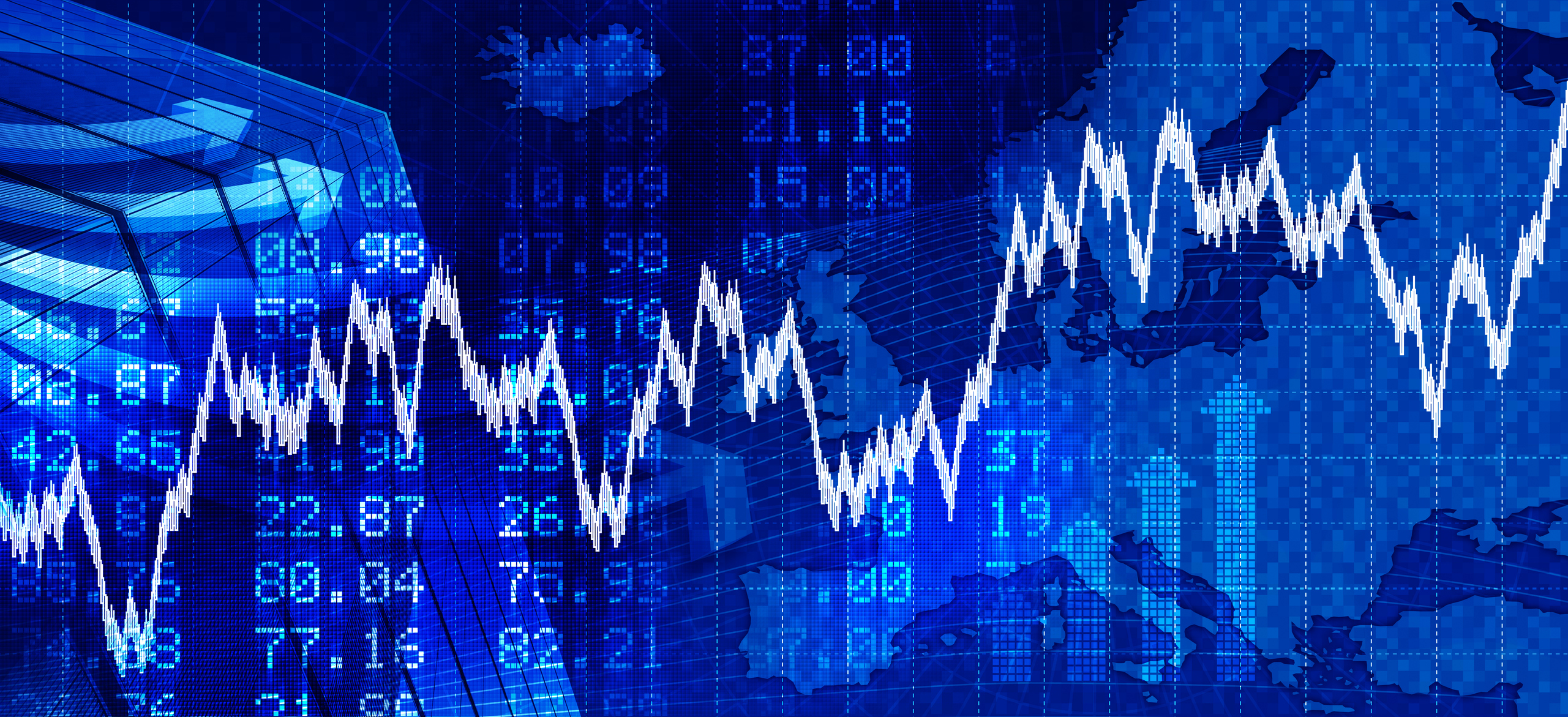The US Federal Reserve's backstop keeps the bond market afloat
An announcement back in March from America's central bank, that it would buy corporate bonds, has given the corporate bond market a fillip even as companies are downgraded.


Get the latest financial news, insights and expert analysis from our award-winning MoneyWeek team, to help you understand what really matters when it comes to your finances.
You are now subscribed
Your newsletter sign-up was successful
Want to add more newsletters?

Twice daily
MoneyWeek
Get the latest financial news, insights and expert analysis from our award-winning MoneyWeek team, to help you understand what really matters when it comes to your finances.

Four times a week
Look After My Bills
Sign up to our free money-saving newsletter, filled with the latest news and expert advice to help you find the best tips and deals for managing your bills. Start saving today!
Corporate bonds have begun to recover their poise, says Marcus Ashworth on Bloomberg. High-yield credit spreads – the gap between yields on government bonds and those of riskier debt – are still double what they were before the crisis. “But almost half of the widening from the early days of the coronavirus lockdown has been reversed.”
That’s partly because investors remain desperate for yield. However, sentiment was also buoyed by the US Federal Reserve’s announcement back in March that it would buy corporate bonds. This backstop, which finally started last week, may not cost the central bank very much, says Kate Duguid on Reuters: in the first two days it bought just $305m (through bond exchange traded funds) – trivial given that firms issued $58bn in investment-grade bonds and $11bn in high-yield bonds last week. But the Fed has $750bn to spend if needed; knowing this will “have the desired effect of keeping the credit market afloat”.
Of course, central bank buying only solves liquidity issues – ie, making sure firms have access to financing – as Fed chair Jerome Powell noted last week. Many firms will have seen their solvency (ie, their ability eventually to repay their debt) affected by the crisis. Hence credit ratings are coming under pressure. For example, there have been 24 fallen angels (borrowers downgraded from investment grade to high yield) so far this year, says S&P Global Ratings, with a record 111 potential fallen angels on watch for potential downgrade.
MoneyWeek
Subscribe to MoneyWeek today and get your first six magazine issues absolutely FREE

Sign up to Money Morning
Don't miss the latest investment and personal finances news, market analysis, plus money-saving tips with our free twice-daily newsletter
Don't miss the latest investment and personal finances news, market analysis, plus money-saving tips with our free twice-daily newsletter
That said, this particular trend may not be all bad for investors, say analysts at Bank of America – since forced selling by investors who can only hold investment-grade bonds means this debt often ends up temporarily cheap. “History shows that fallen angels tend to outperform after downgrades,” it notes.
Get the latest financial news, insights and expert analysis from our award-winning MoneyWeek team, to help you understand what really matters when it comes to your finances.

Cris Sholt Heaton is the contributing editor for MoneyWeek.
He is an investment analyst and writer who has been contributing to MoneyWeek since 2006 and was managing editor of the magazine between 2016 and 2018. He is experienced in covering international investing, believing many investors still focus too much on their home markets and that it pays to take advantage of all the opportunities the world offers.
He often writes about Asian equities, international income and global asset allocation.
-
 The downfall of Peter Mandelson
The downfall of Peter MandelsonPeter Mandelson is used to penning resignation statements, but his latest might well be his last. He might even face time in prison.
-
 Default pension funds: what’s in your workplace pension?
Default pension funds: what’s in your workplace pension?Default pension funds will often not be the best option for young savers or experienced investors
-
 How a dovish Federal Reserve could affect you
How a dovish Federal Reserve could affect youTrump’s pick for the US Federal Reserve is not so much of a yes-man as his rival, but interest rates will still come down quickly, says Cris Sholto Heaton
-
 'Investors should brace for Trump’s great inflation'
'Investors should brace for Trump’s great inflation'Opinion Donald Trump's actions against Federal Reserve chair Jerome Powell will likely stoke rising prices. Investors should prepare for the worst, says Matthew Lynn
-
 The challenge with currency hedging
The challenge with currency hedgingA weaker dollar will make currency hedges more appealing, but volatile rates may complicate the results
-
 Can Donald Trump fire Jay Powell – and what do his threats mean for investors?
Can Donald Trump fire Jay Powell – and what do his threats mean for investors?Donald Trump has been vocal in his criticism of Jerome "Jay" Powell, chairman of the Federal Reserve. What do his threats to fire him mean for markets and investors?
-
 Freetrade’s new easy-access funds aim to beat top savings rates
Freetrade’s new easy-access funds aim to beat top savings ratesFreetrade has launched an easy-access exchange traded fund (ETF) range - here’s how the ETFs work and how they compare to the savings market
-
 Go for value stocks to insure your portfolio against shocks, says James Montier
Go for value stocks to insure your portfolio against shocks, says James MontierInterview James Montier, at investment management group GMO, discusses value stocks and slow-burn Minsky moments with MoneyWeek.
-
 Halifax: House price slump continues as prices slide for the sixth consecutive month
Halifax: House price slump continues as prices slide for the sixth consecutive monthUK house prices fell again in September as buyers returned, but the slowdown was not as fast as anticipated, latest Halifax data shows. Where are house prices falling the most?
-
 Rents hit a record high - but is the opportunity for buy-to-let investors still strong?
Rents hit a record high - but is the opportunity for buy-to-let investors still strong?UK rent prices have hit a record high with the average hitting over £1,200 a month says Rightmove. Are there still opportunities in buy-to-let?